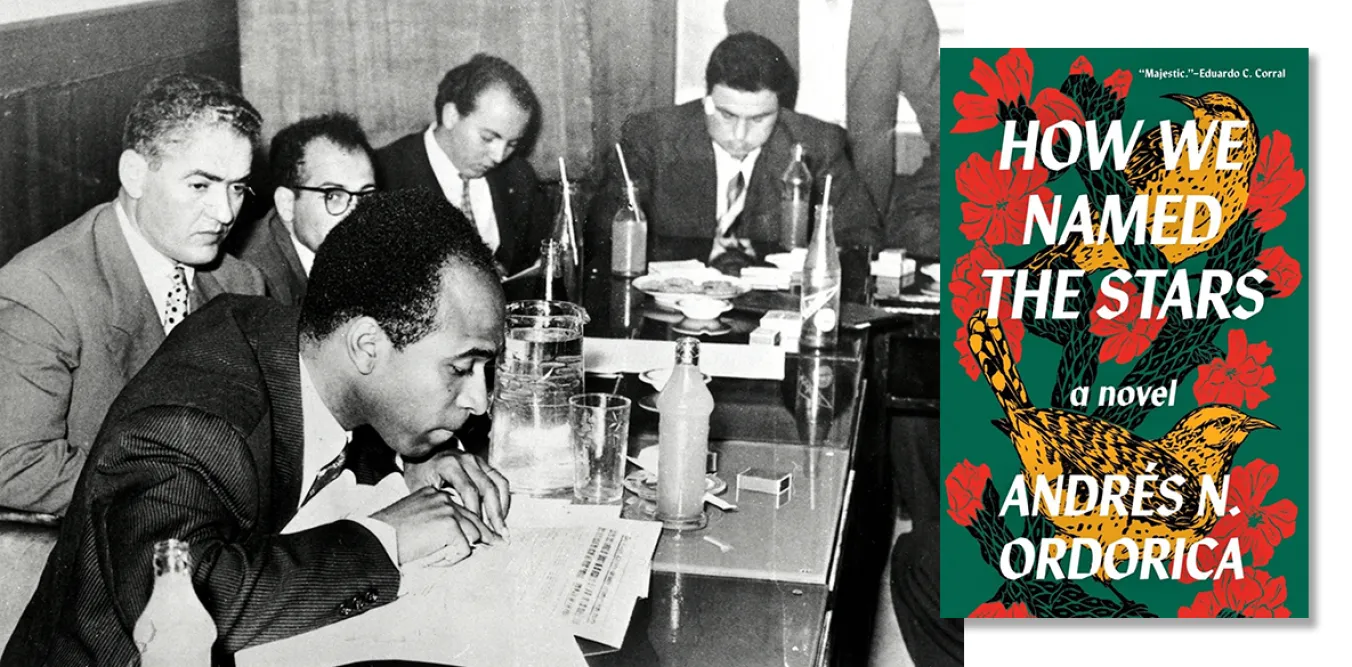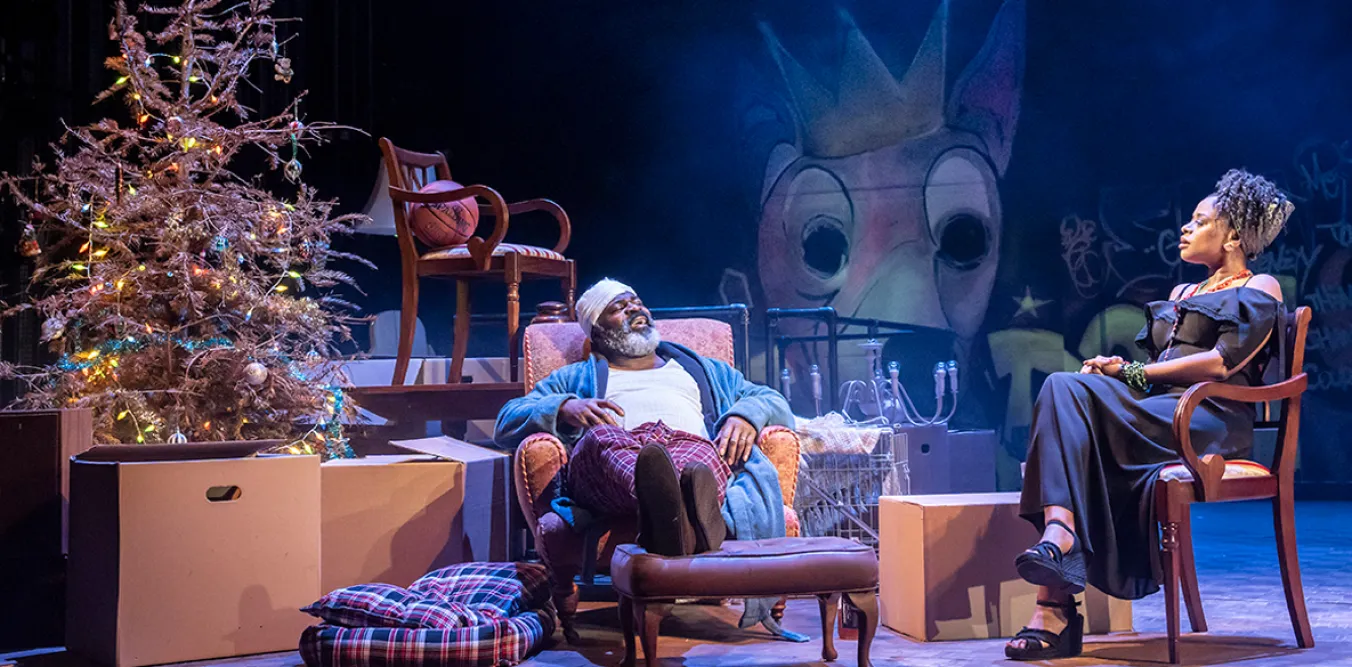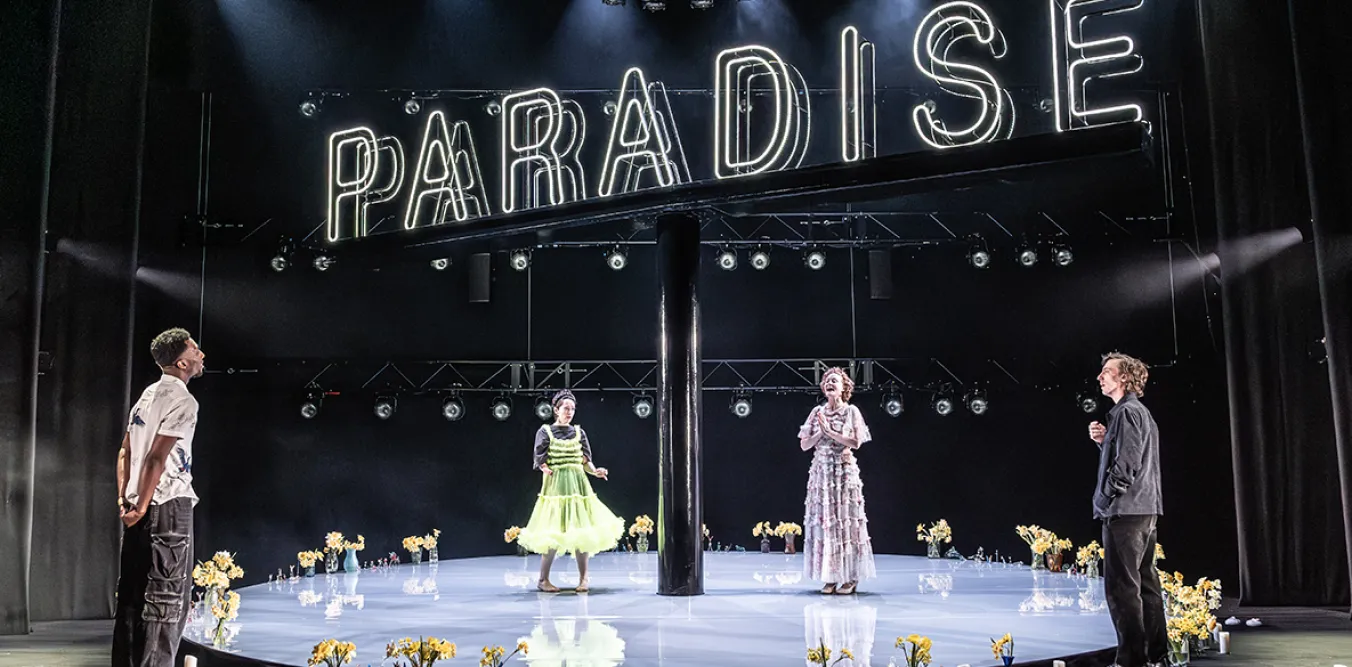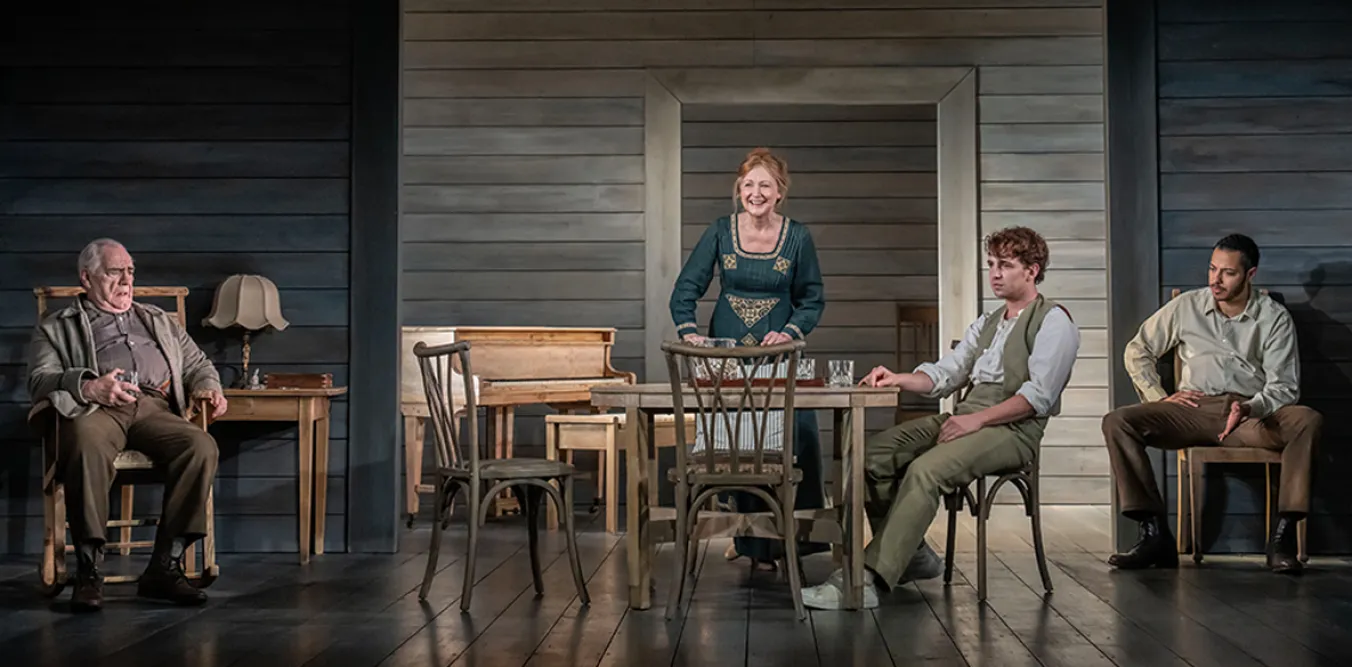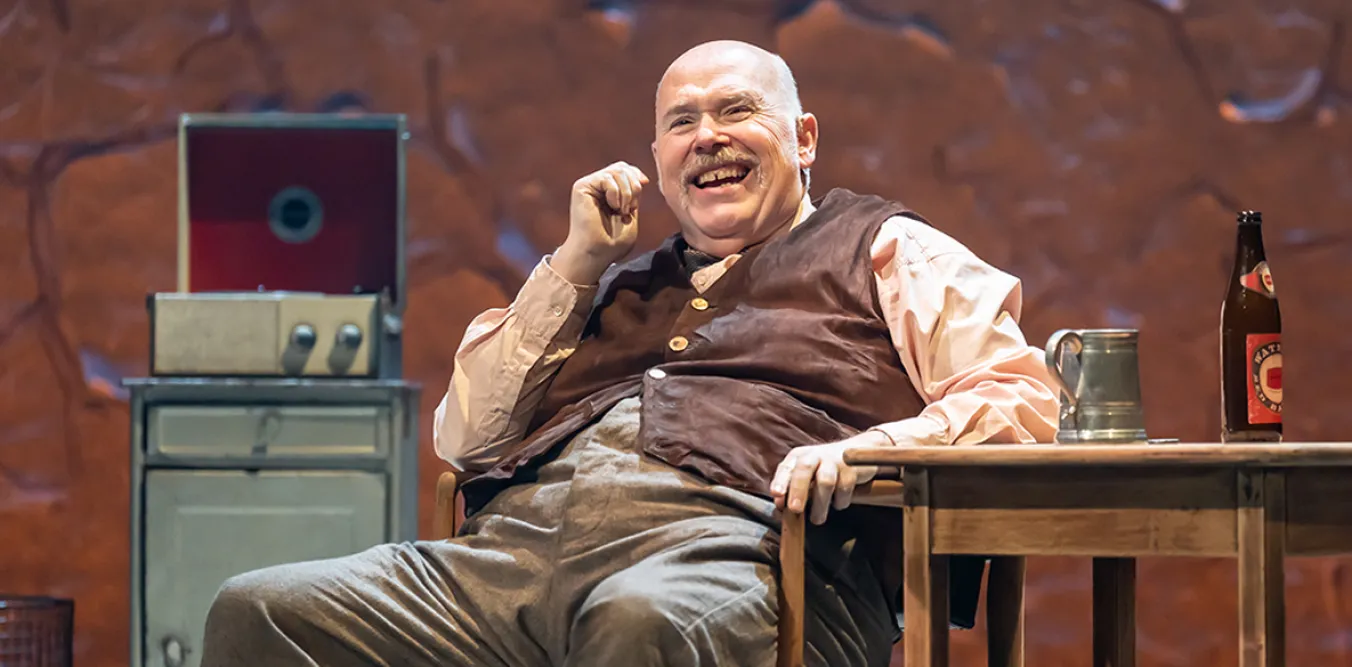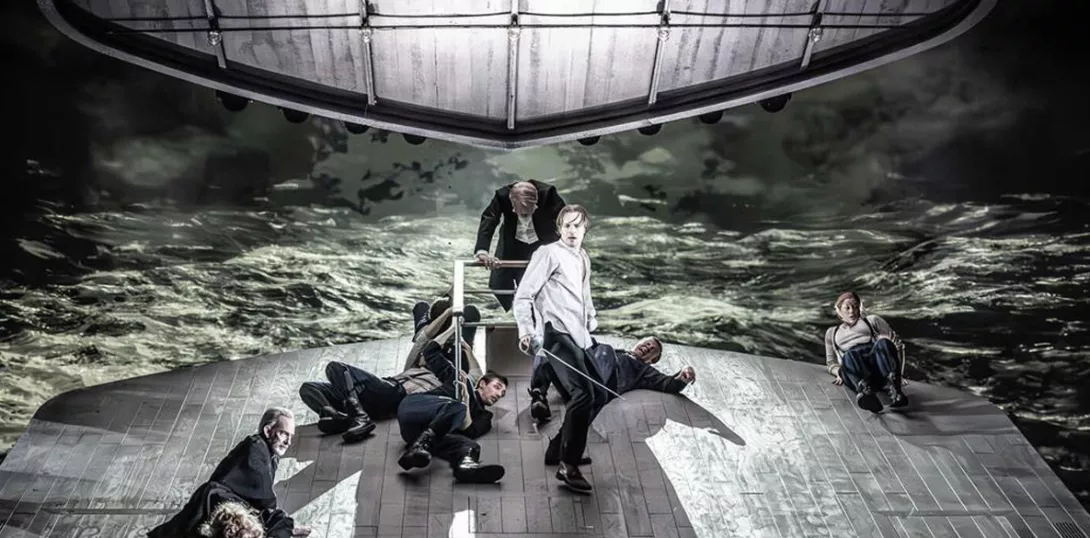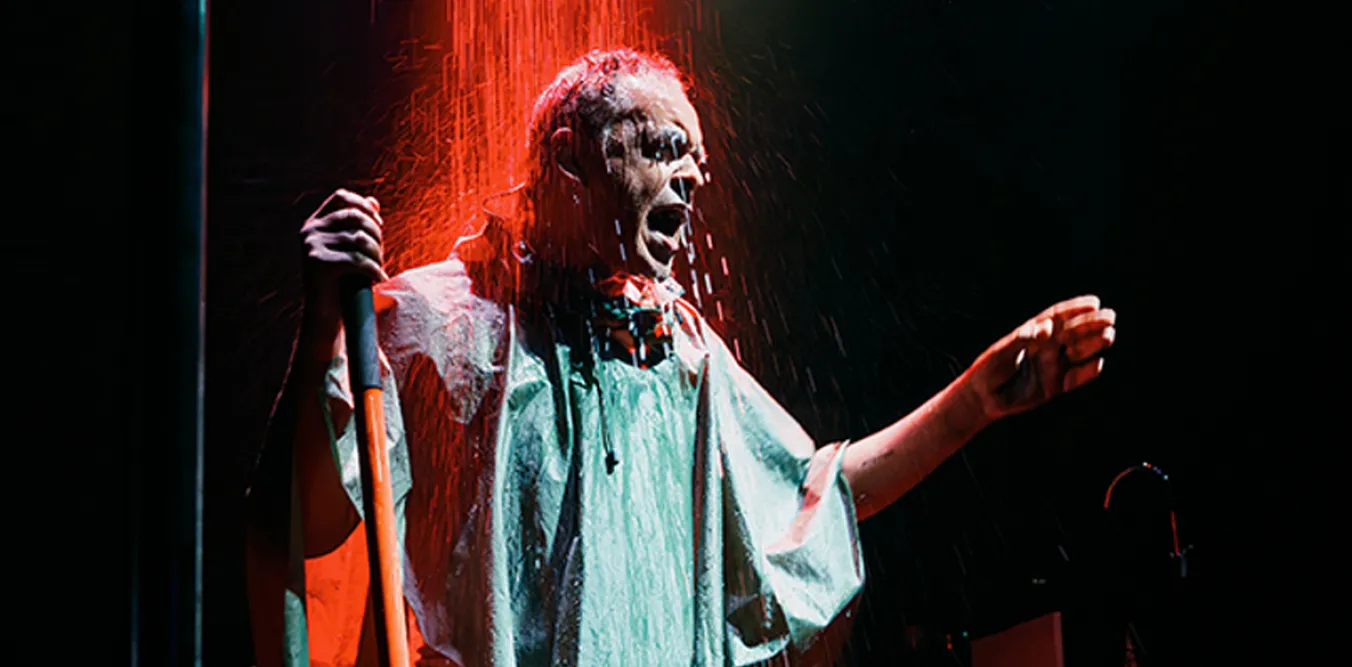
The Book of Grace
Arcola Theatre, London
THIS three-hander by Pulitzer Prize-winning playwright Suzan-Lori Parks could have been a straightforward domestic drama, with the return of an estranged son and former soldier to the house of his domineering, xenophobic, border-guard father, Vet, on the entreaty of his eternally optimistic wife, Grace, who believes reconciliation is possible.
The scaffold and barbed-wire border fence spanning the living room set, and the divergent opening monologues delivered by the isolated characters, immediately divests us of such a simple reading.
Vet, played with unpredictable hostility and simmering fury by Peter De Jersey, reveres the fence and his uniform. Ambivalent about his son’s return, he is concerned that Buddy will intrude on his vigilant isolationism and steal some of the limelight from an upcoming award ceremony in his honour.
